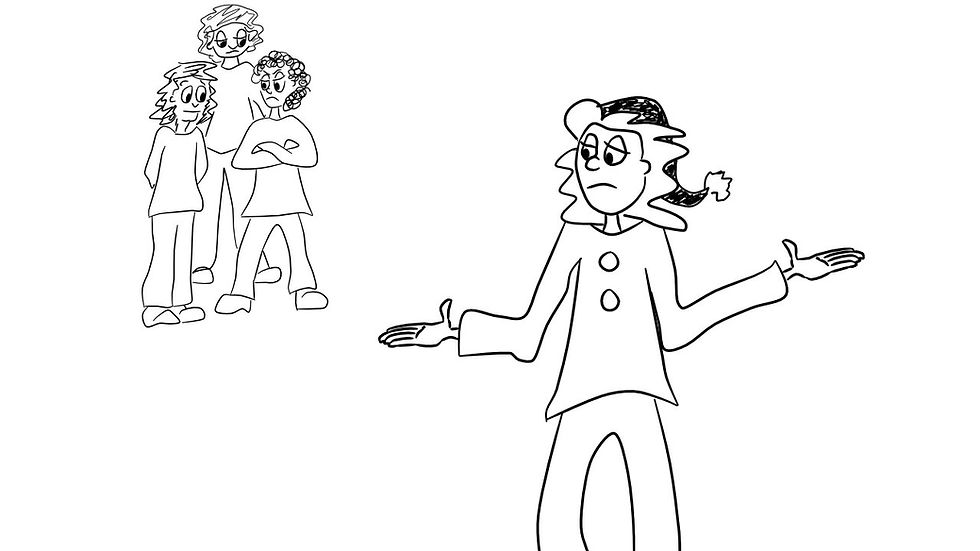How to Use Failure to Build Resilience
- Wenna

- Jun 15, 2019
- 2 min read

I was thinking about the post I wrote a few months ago on perfectionism, and how it is rooted in the fear of failure. I have seen a gradual increase in the last decade in students who are so afraid of failing, that they limit their risk taking to the point where their worlds become very small.
In this week’s blog, I am recommending a couple of short, useful articles on using failure as a resilience building tool.
Taking risks is vital in helping kids to explore new ideas, activities and relationships. In short, we learn resilience by failing well. Not all risks pan out. Failure can hurt, be embarrassing, and make kids want to retreat to a safer place. That’s normal; but as the caring adults in their lives, we need to help them process their feelings in a way that leaves them willing to try again (fail well). It also means we need to give them the rope to try things we may know will end badly. After all, think back to when you were a kid. Did you learn your biggest lessons from instant success or from messing up and trying again? How did you build your resilience? Who helped you?
Beth Arky’s articles ‘How to Help Kids Learn To Fail’ and ‘4 Ways to Help Your Teen Overcome Their Fear of Failure’ are great resources for parents looking to reframe failure as a valuable learning experience, and build their child’s resilience towards life’s challenges. They each outline a few key steps to guide kids through their feelings so that they can look at the situation for what it is; a small necessary step in a long journey.
Key Steps in Making Failure Your Child’s Ally
Respond to failure without judgement; judgment increases anxiety and lessens the chance that the child will see it as normal or a learning opportunity
Show empathy; validate their feelings
Share your own experience; what have you been through that is relatable? How did you feel?
Growth mindset; failure is our greatest teacher, and shouldn’t be avoided. Use it as a teachable moment; help your child problem solve through the situation. Look at various actions and their likely results–good and bad
Allow for opportunities to fail; focus on the skill building; patience, persistence and positive self talk
Lead by example; kids learn more from what we do than what we say, and they are always watching us




Comments